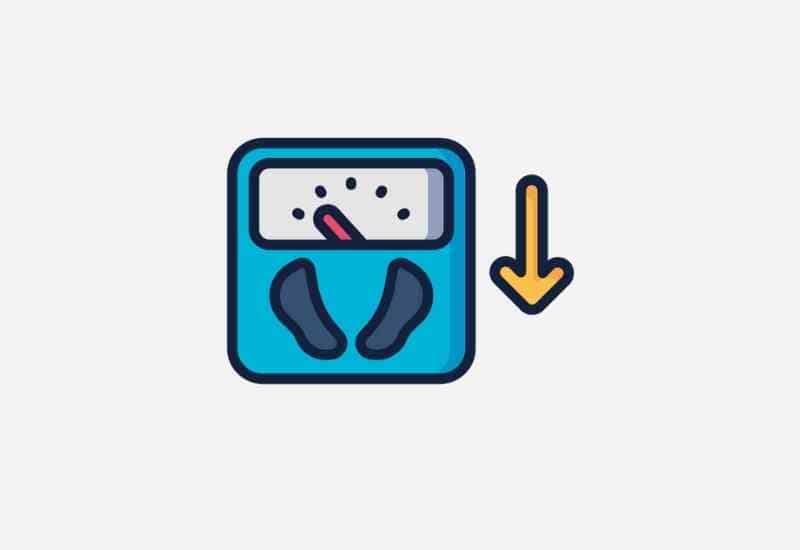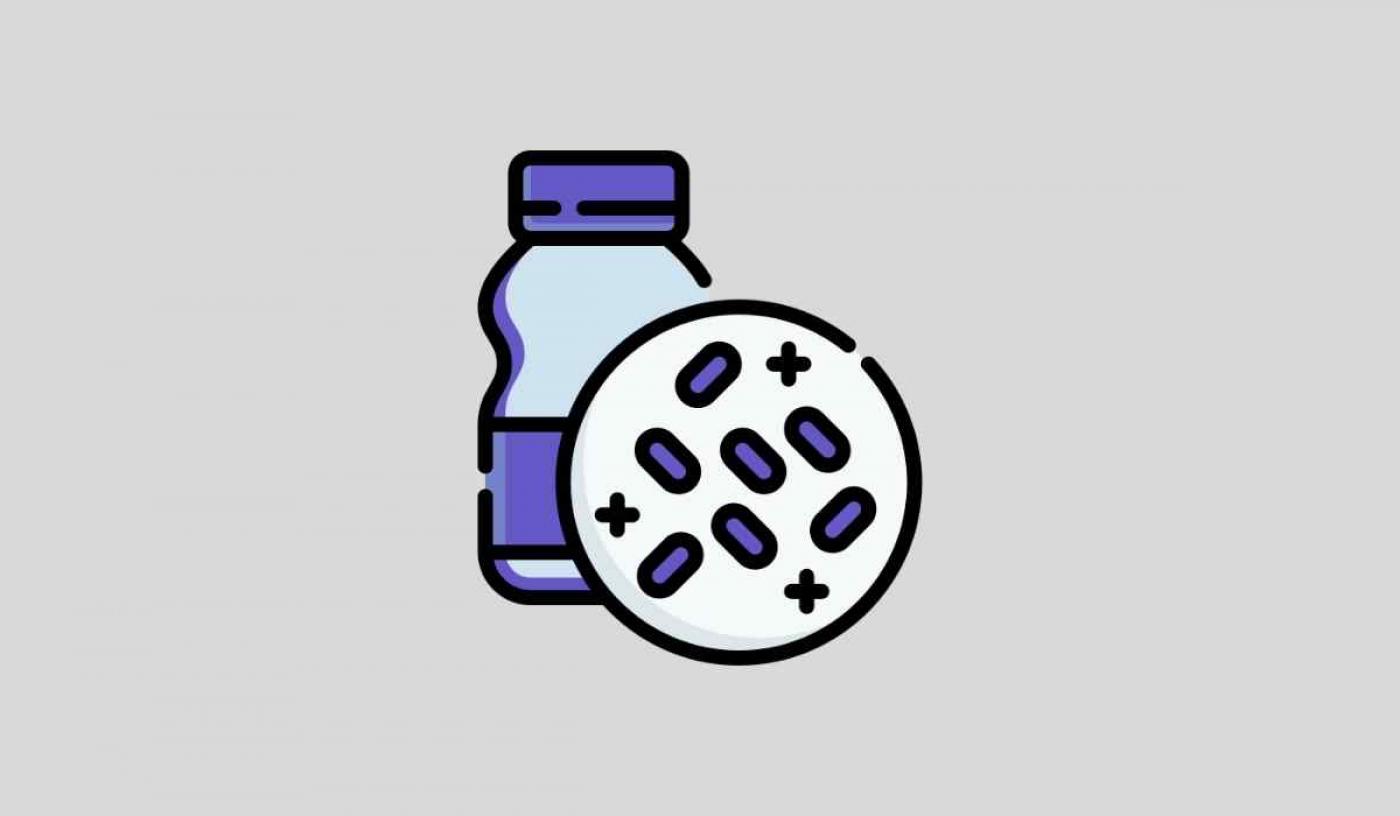How Long Does it Take for Probiotics to Work?
Wondering how long it will take for your probiotics to kick in? Here’s a detailed look at how long you can expect for probiotics to improve gut health, strengthen your immune system, and so on.
Probiotics are one of the most popular supplements in the United States, and it’s no wonder why.
With the potential for improving not only your digestive and gut health, but your mental health, helping with weight loss, reducing inflammation, and more, they can pack a big punch in terms of better health outcomes.
But, if you have just started taking them, and aren’t seeing the results you expected yet, you might be getting a little antsy.
Which is, lets be honest, fair!
In this guide, we will cover how long it takes probiotics to kick and do their magic, what to watch out for when choosing a strain, and how to get the most from your probiotics so that they work faster and more effectively.
Let’s jump right in.
Probiotics – The Good Gut Bacteria
Probiotics are made of beneficial or “good” bacteria and/or yeast that live naturally in our bodies. They usually fall under either Lactobacillus or Bifidobacterium groups.
There often exists a misconception that bacteria are bad, and intuitively and in some cases, this is true.
After all, when there’s more bad bacteria than good bacteria, you can have an infection or be more susceptible to certain illnesses.
Good bacteria help eliminate bad bacteria, bringing your body to more of a balance, which promotes optimal health and all those awesome benefits we will mention in a few moments.
And while you can get probiotics in food (yogurts and fermented foods, particularly), taking probiotic supplements are a great way to make sure your good bacteria levels are topped up.
Not every probiotic offers the same benefits, though.
For example, certain types of Lactobacillus may help prevent a certain illness or condition, while another type of Lactobacillus or Bifidobacterium probiotic may not.
And the brand quality and dosage play a role in how long it will take for probiotics to work.
Let’s quickly talk a bit about specific benefits taking probiotics can offer, as this will help give you a foundation for understanding if they are working properly or not.
💪 Probiotics support healthy bacteria
A digestive system that’s overwhelmed by harmful bacteria can create a state of imbalance known as dysbiosis.
This can create digestive issues, and lead to other unpleasant symptoms.
Probiotics can help avoid this from happening by presenting beneficial bacteria.
However, the potential issues caused by bad bacteria aren’t limited to just digestive ones.
💪 Help battle digestive issues like Crohn’s, IBS, and more
Probiotics can help aid gut flora and overall improve digestive health.
For example, it can help relieve diarrhea caused by antibiotics (or infectious), IBS, Crohn’s disease, ulcerative colitis, lactose intolerance, and more1.

Essentially, if you’re suffering from stomach or digestive problems, probiotics could be a feasible way to help ease symptoms.
💪 Probiotics boost the immune system
Did you know that around a whopping 70 percent of our immune system cells are in the lymphatic tissue of our gut?
It comes as no surprise, then, that taking probiotics regularly can help boost our immune systems.
Probiotics have been used effectively with immune response-related diseases, like allergies, eczema, viral infections, and more2.
They are also very handy during cold and flu season.
One study discovered that taking probiotics with multivitamins and minerals greatly reduced the duration of the common cold and flu by days, compared to those who just took multivitamins and minerals3.
💪 Improved nutritional absorption
One of the frustrations of people with IBS and other digestive issues is not being able to adequately absorb food, leaving a lot of minerals, nutrients and energy on the table.
About 90 percent of nutrient absorption takes place in the small intestine.
If your microflora in the small intestine isn’t well-maintained, it can be heard to break down valuable nutrients.
However, these nutrients are crucial for good health and taking probiotics can help with this.
Fun fact: There are over a thousand different species of bacteria in the human digestive system.
How to Know Your Probiotics Are Working
When you start taking a high-quality probiotic, you should begin seeing various positive changes in your body and mind.
Here are the main signs and symptoms that your probiotics are working as they should:
🚀 Improved Digestion
This may be one of the first things you notice, depending on how your digestion was before taking probiotics.
If you experienced bloating or cramping before – especially after eating - you may notice them start to ease up or completely disappear.
Even if you have lactose intolerance, some have seen that intolerance wane and have an easier time consuming the enzyme.
🚀 Increased Energy
The energy our bodies use comes from nutrients and micronutrients that we consume.
As mentioned earlier, our gut plays a huge role in absorbing these nutrients.
If the lining of the gut lining, it can prevent these nutrients from being absorbed properly.
This can leave you deficient in some of the most important nutrients, which are needed for our bodies to use as energy.
Probiotics can help repair the lining and reduce inflammation, which can also lead to increased energy levels.
🚀 Improved Mood
Our gut and mind are communicating with each other constantly.
In fact, they’re so connected that the gut is often referred to as the “second brain” as it produces so many of the same neurotransmitters as the brain.
This connection is called the “gut-brain axis.”
When our brain is on high-alert, it sends warning signals to the gut.
This can mean that when we’re stressed out or nervous, we experience an upset stomach.
On the other side of the coin, gastrointestinal problems like IBS or Crohn’s disease could actually trigger anxiety or depression.
However, both gut and mood issues could be improved with the use of probiotics.
It’s been found by various studies that probiotics can help boost mood and cognitive function while also reducing stress and anxiety3.
Not bad!
While there still needs to be more research done to fully understand the role probiotics play in this connection, the research that has been done is promising.
So, if you notice that you’re feeling more calm or experiencing less stress and anxiety on a regular basis, you can feel confident knowing your probiotics are starting to kick in and work their magic.
🚀 Weight Loss
Yes, it’s true! Probiotics can actually help with weight loss.
This works in a variety of ways.
Hundreds of microorganisms live in our digestive system.
A good amount of them are beneficial bacteria, such as Bacteroidetes and firmicutes.
Body weight is directly related to the balance of these two types of bacteria.
In fact, it’s been found in both humans and animals that people of a moderate weight have a different balance of gut bacteria than those who are overweight or obese.4

The best probiotics for weight loss tend to feature these bacteria strains and they are also multi-strain (which has higher potency compared to single-strain probiotics), so if weight loss is a specific goal you have, lean towards those strains and bacteria.
Additionally, people with obesity tend to lean towards having less-diverse gut bacteria than those who are of a moderate weight, too.
So, if you see that you’re losing weight more than the norm, or you are feeling a little lighter on your feet than usual, you can feel good knowing your probiotics are likely in effect and helping your weight loss efforts.
Tips for Making Probiotics More Effective
You’re probably wondering, then, how to maximize your probiotic’s efficacy!
After all, you want to get the most out of them if you’re taking them, right?
Here are some ways to make sure that you are getting the most from them, faster:
Try taking probiotics either with a meal or a bit before eating.
Food provides a buffer for the probiotics against the stomach acid that’s triggered around 30 minutes after eating a meal.
In fact, various studies have found that one of the biggest factors in the survival of probiotics in our bodies is the amount of stomach acidity, length of time exposed to the acid, as well as exposure to bile salts5.
Take your probiotics with fats
It’s not a bad idea to take your probiotics with a meal that contains some fats, too.
This is because the fat content can also help create a protective barrier for your probiotics against the stomach’s acidity.
See also: When is the Best Time to Take Probiotics?
Check the recommended dosage
If you want to maximize probiotic effects, make sure to read the recommended dosage on the label.
The average dose is around 1 to 5 billion CFU, with higher dosages ranging from 30 to 450 billion or even more!
If you’re looking to address specific conditions and use probiotics to help treat them, you may want to consider a higher dose.
However, you’ll need to consider more than just the dosage for ultimate efficacy.
(And as always, before starting any new dietary supplement, sit down with your physician to make sure that it’s right for you.)
Use multi-strains for added potency
Some probiotic strains are not quite as robust and may not survive as well.
Multi-strain products can actually be beneficial and help survive longer, which offers better results.
And be consistent
Probiotics, like any supplement, need to be taken regularly and consistently in order to give them a chance to really work.
Yeah, it can be a hassle gulping down pills every day but the benefits are more than worth it.
Even taking a break from your probiotics for a few weeks can bring that bad bacteria up to levels before you started taking them!
Being consistent by taking them every day at the same time can make a big difference.
The Bottom Line
It’s no question that probiotics offer a wide array of health benefits, that many of us want to experience: from mental health to better digestion and weight loss.
However, if you’re not seeing them immediately, that’s normal!
It can take up to a few weeks or even a few months to see the full spectrum of benefits, depending on your health situation before and what you’re looking to treat.
All good things take time, and probiotics are no different!
More Probiotics Guides and Resources
5 Best Probiotics for Weight Loss. Probiotics not only improve gut health but they can also help you lose weight. Here are five clinically-backed probiotics that can help you on your weight loss journey.


